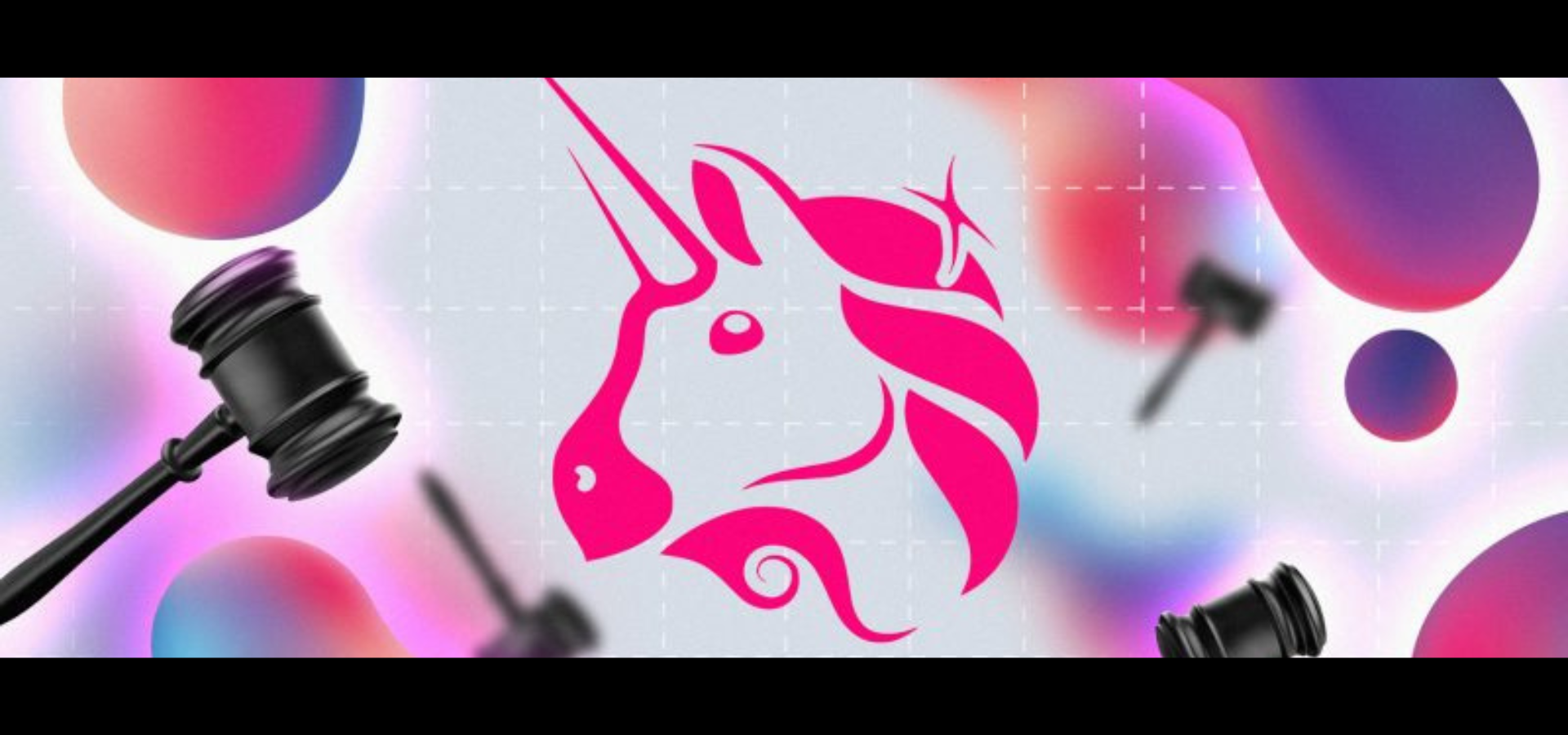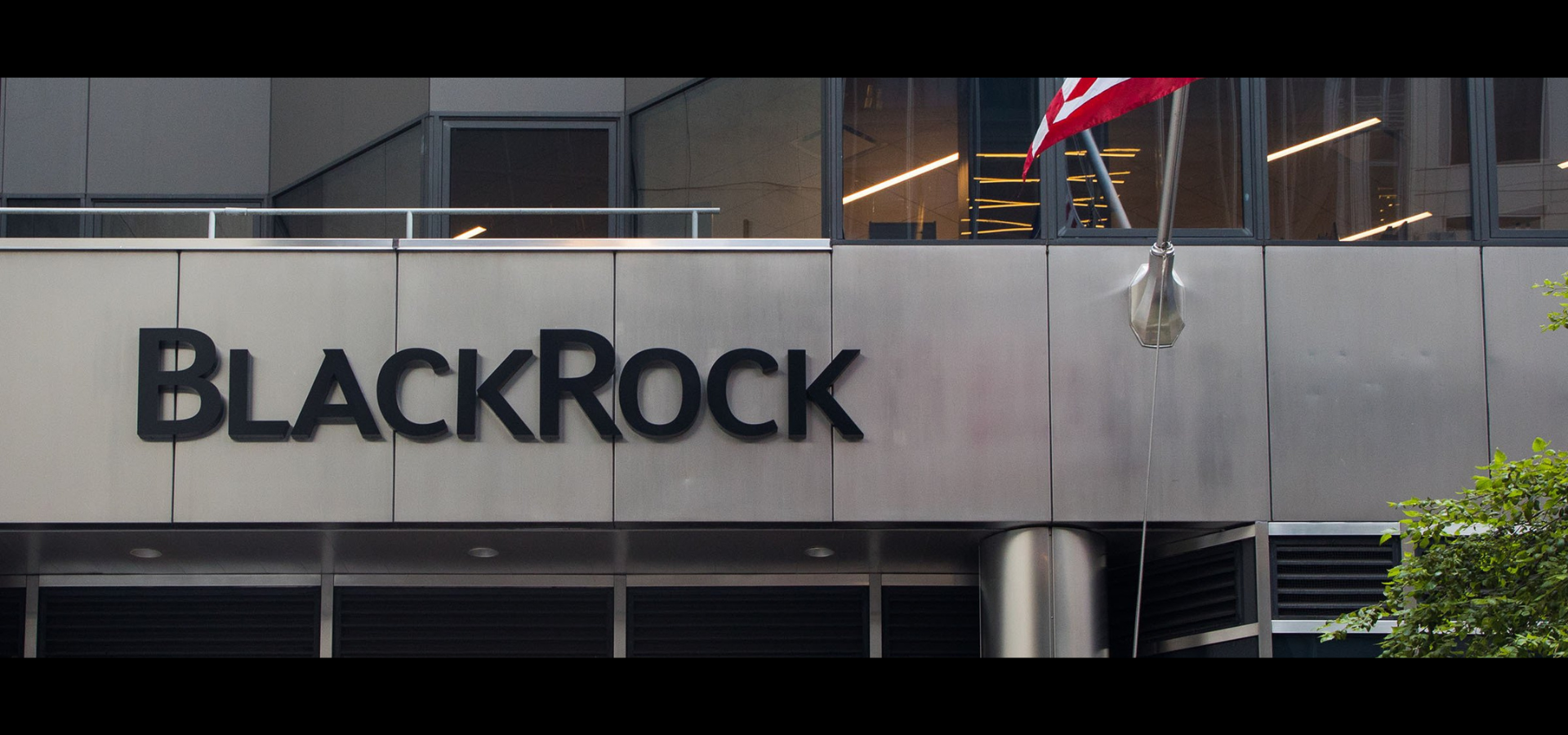Uniswap Labs Faces CFTC Enforcement Over Illegal Margin Trading: A Breakdown
Uniswap Labs, the decentralized finance (DeFi) platform responsible for the widely-used Ethereum-based decentralized exchange (DEX) Uniswap, has found itself in hot water with U.S. regulators. The Commodity Futures Trading Commission (CFTC) recently issued an order against Uniswap Labs for offering illegal digital asset derivatives, specifically leveraged and margined retail commodity transactions. The company will pay a $175,000 fine to settle the case while agreeing to cease such activity moving forward.
CFTC’s Enforcement Action Explained
The CFTC’s action against Uniswap Labs is part of its broader focus on ensuring compliance in the rapidly evolving digital asset and DeFi space. According to the regulatory body, Uniswap Labs facilitated trades that included a limited number of leveraged tokens, providing users with approximately 2:1 exposure to major cryptocurrencies like Bitcoin (BTC) and Ethereum (ETH). These leveraged tokens were classified as margined commodity transactions, which the CFTC says can only be offered on registered contract markets, which Uniswap was not.
Uniswap Labs, which played a key role in developing the protocol that enables decentralized trading through liquidity pools on the Ethereum blockchain, has cooperated with the CFTC throughout the investigation. This cooperation led to a reduced civil penalty, reflecting the firm’s willingness to address regulatory concerns.
A Divided Regulatory Response
While the CFTC moved forward with the enforcement, not all commissioners were in agreement. Commissioner Summer Mersinger criticized the CFTC’s approach, calling the penalty “de minimis” and questioning the legal foundation of the case. She warned that this action reflected “regulation through enforcement,” a practice she argued stifles innovation and harms smaller market players.
Similarly, Commissioner Caroline Pham expressed concerns about the CFTC’s use of the Commodity Exchange Act (CEA) in this case. Pham argued that the administrative proceeding was unsupported under the CEA and could create regulatory uncertainty, making it harder for U.S.-based DeFi platforms to innovate without fear of enforcement actions.

Image source: Cryptoslate
Uniswap Labs’ Response and Future Outlook
In response to the settlement, Uniswap Labs’ Chief Legal Officer, Katherine Minarik, emphasized that the issue concerned only a “small fraction” of the trades made through their platform. She reiterated the company’s focus on advancing DeFi technology, stating that they are committed to building a robust ecosystem while navigating regulatory challenges.
Uniswap’s UNI token experienced a temporary dip following the CFTC’s announcement, though the price quickly recovered, reflecting investor confidence in the platform’s continued growth and dominance as the leading DEX in the cryptocurrency market.
What’s Next for Uniswap?
Despite the CFTC’s settlement, Uniswap’s regulatory troubles may not be over. The U.S. Securities and Exchange Commission (SEC) has also been investigating the company and issued a Wells Notice in April, signaling the SEC’s intent to pursue enforcement action. Uniswap Labs has pushed back against the SEC’s legal arguments, framing the regulator’s efforts as an overreach into markets beyond its jurisdiction.
As the largest DEX by trading volume, Uniswap remains central to the DeFi space, enabling users to trade cryptocurrencies without intermediaries. However, the platform’s regulatory challenges highlight the increasing scrutiny that DeFi platforms face as they push the boundaries of decentralized finance.
Conclusion: The Regulatory Future of DeFi
Uniswap Labs’ run-in with the CFTC serves as a reminder that even decentralized platforms must remain vigilant about regulatory compliance. As the DeFi sector grows and matures, regulators are likely to continue ramping up their enforcement efforts. The broader DeFi community will need to adapt to these changes while ensuring that innovation and growth can continue within the confines of existing legal frameworks.





Leave a comment